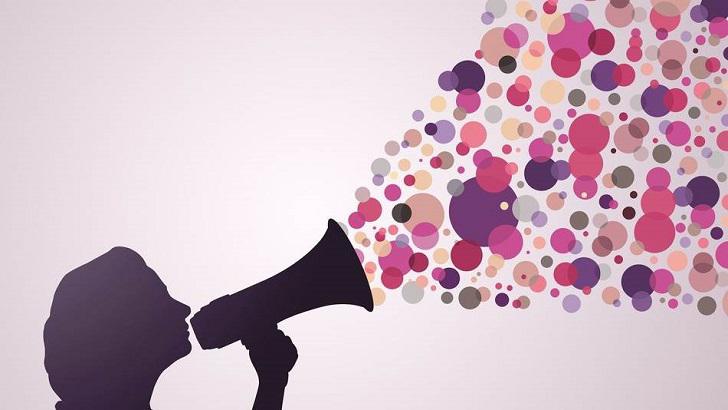By: Eman Shamseddin
Talking about women’s equality has to occur on many different levels, since they are most likely to face rights violations and be denied recognition as qualified independent persons.
I have three approaches to the issue about women’s rights:
The first regards the nature of our community from a geographical perspective, where Kuwait is located first in Arab world, and second in the Gulf. The society is a mixture of complicated historical and ideological traditions and values, as well as inherited manners, behaviors, and fixed ideals of personal and communal contentment.
The second is the alliance between state authorities and the clergy in Kuwait. This is not a marriage of parties with a broad-minded concept of religion and faith, but one based on strict conservatism, melding religion with traditional prohibitions on cultural taboos; it is what Westerners might call a “medieval” way of thinking. This consensus among the nation’s elite makes change difficult, erecting powerful barriers against anyone seeking reform.
Third, women are most affected by these circumstances: they are simultaneously the cause and the victims. They are the cause because they often accept their situation and go so far as to claim satisfaction with it; most of them defend the system against any criticism or attempts at reform.
This occurs for many reasons, the most important being:
- Reactions against more radical feminist demands, which are unpopular because they challenge social norms too overtly, threatening ideas of personal and communal contentment.
- Reactions within conservative society, especially the clergy, against any change, even if it is just and fair. Most women in the Gulf have absorbed some of the ideas the clergy circulate.
- The longtime isolation of women from politics and human rights movements, along with their demands. This has led to widespread ignorance, if not outright blindness to the interests and demands of women, even by social activists.
The obstacles women activists face in reform movements:
- Freedom: women still do not have the agency to make their own decisions. There has been some progression in Kuwait over the past few decades, but even with globalization, women still suffer and continue to fight for personal independence on the legislative, legal, and political level as partners in planning and decision making. Freedom of speech is also restricted for women. There are many rules that prevent people from criticizing the government or its policies and many have been jailed simply for making tweets. When fathers, husbands and brothers live with that political reality, they often don’t allow the women and girls they often consider their property to interact with politics or public issues. They do this to protect themselves from scandal and embarrassment, should any female relative be arrested in such a traditional society. This rationale reinforces the motivation to isolate women from politics and culture, which often makes women generally disinterested in such topics. They are incentivized to care and concentrate only on one or two narrow roles in their lives, wasting their time and abilities and enabling social and political inertia.
- Discrimination: women suffer from severe discrimination in many ways:
- Women are still fighting an uphill battle to lead in many positions of government and to be partners in planning and decision making. This struggle is also happening throughout society and in numerous institutions, as well as in political currents since parties have not yet been legalized in Kuwait.
- Women who are married to Kuwaitis and take the Kuwaiti nationality are discriminated against as foreigners. Even nationalized Arabs face discrimination because of theirs accents. Racism and xenophobia effectively bar these women from participating in public movements as well as social and political activities.
- From more radical feminists who express support for drastic changes in a highly conservative society that requires gradual reform. Feminist activists in Europe should respect our own identity and deal with us as a free and independent voice, not as an echo of their voices, without any revision or criticism.
Women face many challenges living in this conservative society, with a deeply conservative government. Sometimes our families suffer with us, since we can be exposed to interrogation or arrest, as well as bullying from men who feel threatened by our ideas and opinions. However, we continue the struggle for our rights and for justice. Even in the face of all the suffering we must endure, it is the only choice for us.


 العربية
العربية Français
Français Deutsch
Deutsch